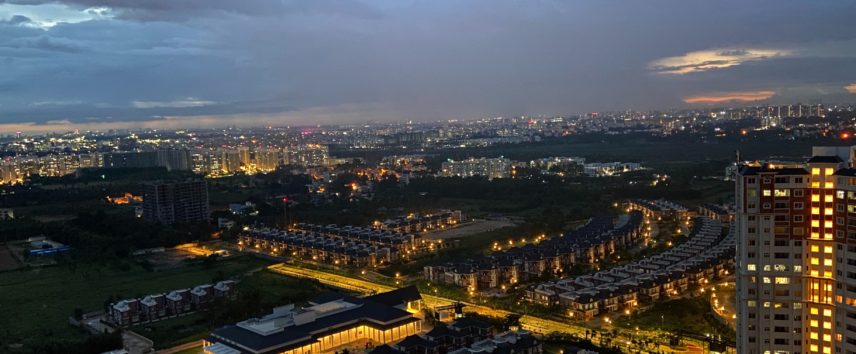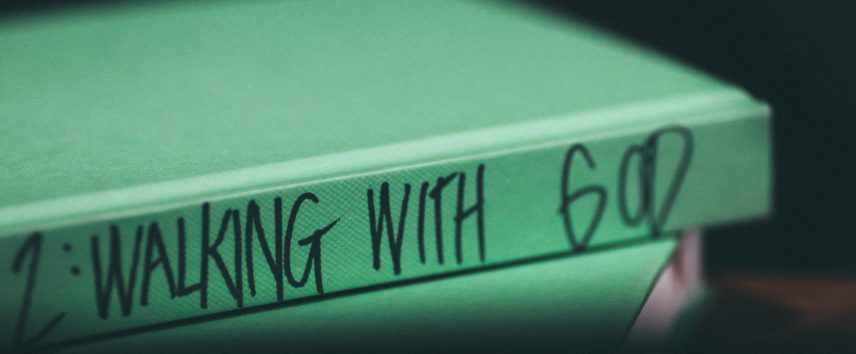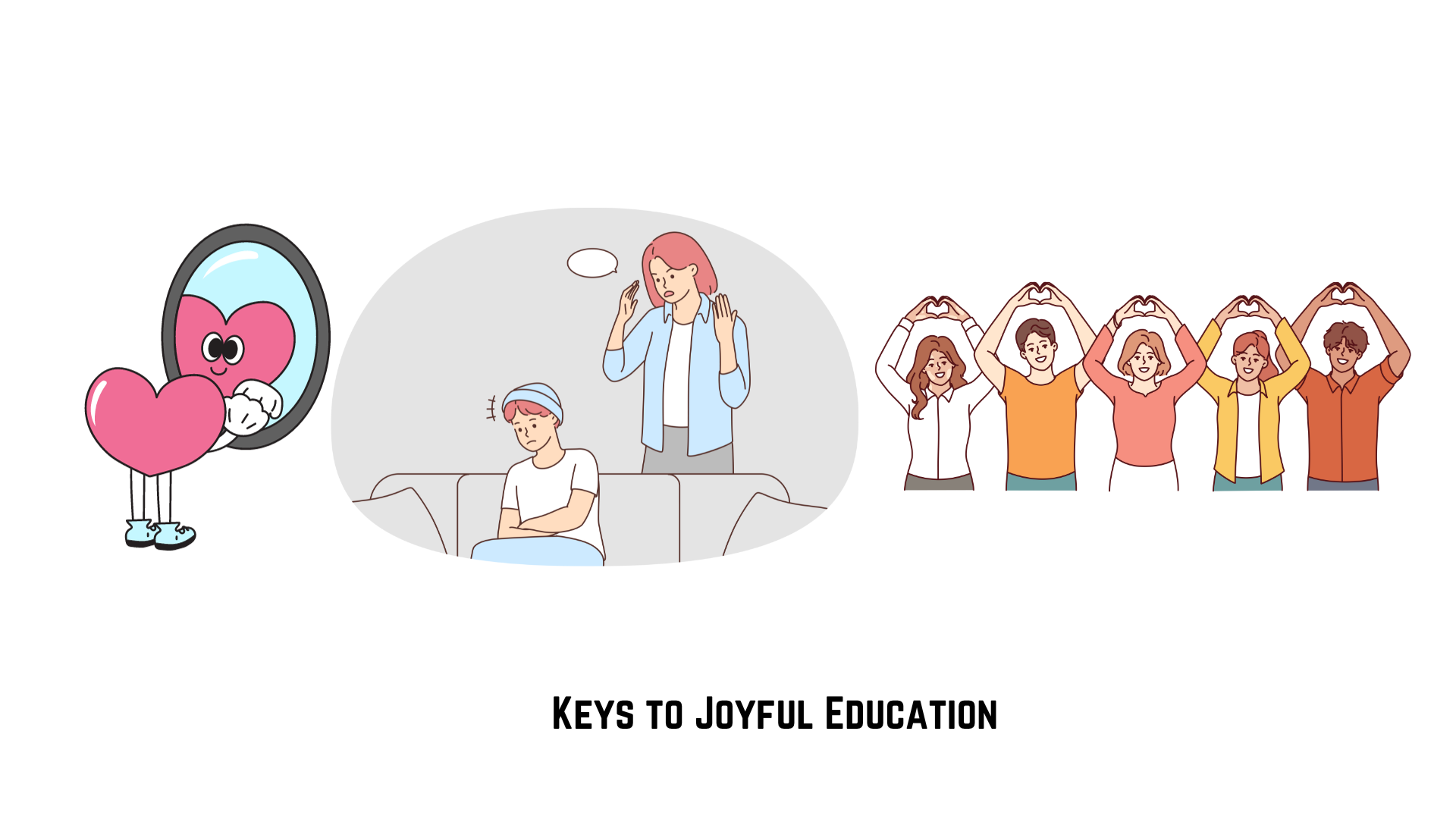Trending Now
- 830 voters names go missing in Kavundampalayam constituency
- If BJP comes to power we shall consider bringing back electoral bonds: Nirmala Sitaraman
- Monitoring at check posts between Kerala and TN intensified as bird flu gets virulent in Kerala
Columns
Intolerance is not new to us, why drag Modi into the Dadri fiasco?
![]() October 23, 2015
October 23, 2015
Sunil Raman
Three days after Akhlaq was killed for allegedly eating beef in Noida district of Uttar Pradesh, a 90-year-old Dalit man was killed and his body burnt in front of his wife as they stood outside a temple on the outskirts of Kanpur in the same state of UP. Later the local police closed the case claiming that the accused was drunk. This news did not appear on the front page of any leading daily in Delhi. Nor did it seem to stir the conscience of many of our middle class intellectuals who are seemingly disturbed by “growing intolerance” in India since Narendra Modi became the prime minister last year.
According to the last report of the National Commission on Scheduled Castes, there has been a steady rise in discrimination and ill-treatment of Dalit women across India. Murders, rapes, refusal to allow Dalits to access public wells, public ponds and temples have statistically grown but conviction rate, hold your breath, remains below 10 per cent.
Cities, Delhi included, are not immune to biases and maltreatment either. As a BBC journalist in 2009, I met a family in North Delhi where Dalit women were cleaning human waste from households for a pittance. This was in Delhi and not in any small town or village. The life of that family has not changed since.
No one seemed disturbed by intolerance of upper castes and the failure of governments to get justice for Dalit victims of Laxmanpur Bathe, Miyanpur, Bathani Tola, Nagari Bazaar and Shankarbigha. Between April 2012 and January 2015 all upper caste accused of killing poor Dalits were acquitted due to “lack of evidence”. Surprisingly, these killings and failure to get these poor, landless Dalits justice did not stir any one’s conscience. No writer announced return of awards at this growing intolerance towards Dalits.
No writer announced return of an award earlier this year when a court acquitted 16 PAC policemen accused of killing 42 Muslims at point blank range in Hashimpura, Meerut, UP in 1987. No writer returned awards when Sikhs, Muslims, Hindus and Dalits were being killed through 1980s and 1990s. Only Khushwant Singh returned his Padma Shri after Operation Bluestar in 1984.
From New York Times in US to Dawn in Pakistan, the international media is having a field day commenting and expressing concern at growing “intolerance” in India. Social media writings and Facebook posts lament the “silence” of the prime minister, while educated Indians in upper middle class drawing rooms wonder if the “idea” of India will survive. One would imagine that a peaceful and tranquil India has suddenly exploded into uncontrolled expression of intolerance.
Recent weeks of sporadic incidents where a Muslim was killed for allegedly eating beef in Uttar Pradesh, killing of a rationalist writer in Kannada, ink thrown at a former BJP member Sudheendra Kulkarni, and remarks against beef eating etc are all being blamed on prime minister Modi.
Thirty-odd writers have returned their awards in protest, and the prime minister is being targeted as the person responsible for the supposedly rising instances of intolerance from Himachal to Karnataka. International media has lapped up Breaking News stories on 24×7 channels and begun to question the Modi government’s resolve to build a tolerant society.
The New York Times writing over the weekend stated that “The revolt now presents Mr. Modi with a critical test of his vaunted ability to shape the public narrative of his administration. Perhaps more than any crisis he has faced since becoming prime minister 17 months ago, this one is offering a kind of X-ray of Mr. Modi’s carefully cultivated persona both here and abroad”.
The NYT articulated the concerns of middle class elite who seem to suddenly wake up to “growing intolerance” in India. Cocooned from the realities of India, oblivious to the levels of intolerance many people face daily due to their caste affiliations, religious identity, eating habits and choice of clothes, or for that matter sexual orientation, intolerance has been a part of our society for centuries. A robust media and judiciary have ensured that these instances are reported and addressed with greater vigour.
However, to argue that intolerance has suddenly become a problem to debate and discuss every day once again mirrors the shortsightedness and political colour that these events have acquired in recent weeks.
Incidents of such attacks in states ruled by non-BJP parties are also due to Modi government, it is argued. Many of the so-called secularist voices, motivated primarily by their dislike of Modi and the BJP, have chosen to ignore the responsibilities and duties of state governments. Modi is not a local daroga who can be held responsible for every rape, murder and theft that happens in India.
A “secular” government of Uttar Pradesh and its leading lights such as Chief Minister Akhilesh Yadav are not questioned. On the contrary, the “young” chief minister who was feted by 24×7 channels as a “harbinger” of change when he defeated the BSP in 2012, got free airtime on channels where he blamed BJP for the heinous crime committed in Noida’s Bisada village. The local police was not held accountable by the UP government and Samajwadi Party’s failure to protect Muslims and Dalits over the last four-year-plus evoked no serious questioning.
In Karnataka, led by a secular Congress, it is no different. The killing of a noted Kannada writer last year, rape of young women and children and the condemnable remarks by the state Home minister on rape get some attention only to be ignored later.
The Congress does not hold its chief ministers in Himachal Pradesh and Karnataka responsible for poor law and order situation. Isn’t it their job? Similarly isn’t UP government responsible for maintaining peace in the state to arrest and convict people responsible for such attacks? Isn’t Maharashtra government similarly responsible?
Intolerance has always been present in Indian society. A few incidents, blown out of proportions to score political points, do not help address the reasons why we are intolerant of views, ideas and beliefs that are different from ours. Intolerance cannot be debated on secular versus non-secular lines. Mahatma Gandhi was the only Indian who had the courage and moral standing to speak on intolerance. Most others today are only using free airtime to score political and ideological points. For others it is a good subject for conversation in the comfort of their drawing rooms.
Disclaimer:The views expressed above are the author’s own






















